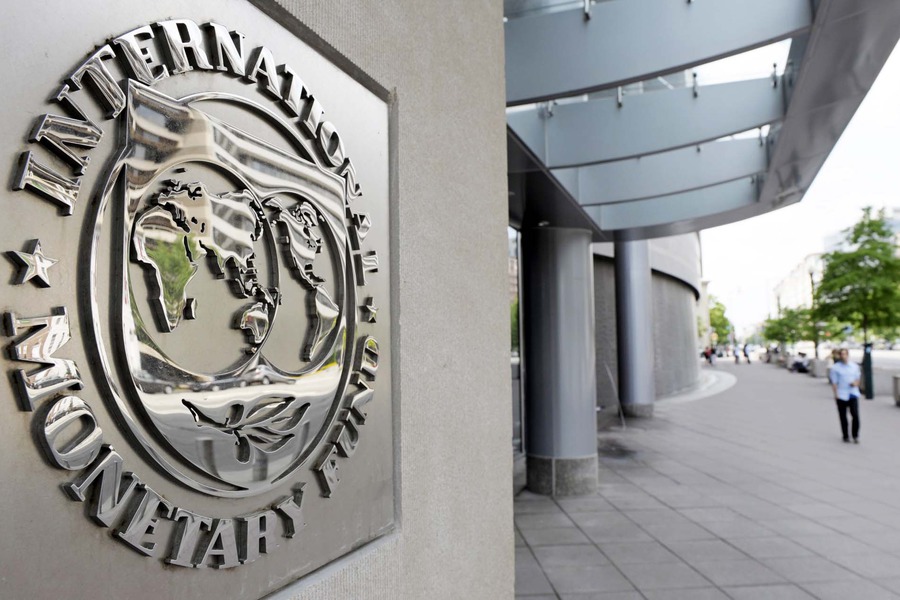IMF calls credit boom a major risk for Uzbekistan’s economy

Photo: imf.org
Experts of the International Monetary Fund (IMF) believe that Uzbekistan needs to restrain the growth of lending, which can lead to an increase in inflation. This is stated in the final statement of the IMF mission, published on the Fund's website on March 5.
“Rapid credit growth in 2018 financed a surge in imports of capital goods and bolstered investments in housing and infrastructure following decades of underinvestment. Looking ahead, the main macroeconomic stability risk is that a prolonged credit boom will aggravate inflationary pressures and feed into excessive external deficits. To wit, available potential funding of credit is plentiful: the country has large accumulated financial buffers that could be drawn down; and external lenders seem eager to provide debt financing at favorable terms, as highlighted by last month’s oversubscription of the country’s first sovereign debt issue. While this is a new macroeconomic stability challenge for Uzbekistan, the authorities are acutely aware of the need to adjust policies to forestall a boom-bust credit cycle,” the report says.
According to the fund, in 2018, rapid credit growth was largely funded by the government. So, last year, lending to the economy grew by 50%, due to the need to finance active growth of investments. In addition, about half of the total lending was provided on favorable terms.
Looking ahead, the expansion of credit—both in scope and composition—needs to be contained based on three objectives:
Ensuring macroeconomic stability: Excessive credit growth pushes inflation and the external deficit higher. Bringing credit growth closer to projected nominal GDP growth of about 25 percent during 2019-20 would facilitate growth and job creation while avoiding excessive inflation and external imbalances, in line with Presidential Decree No. 4141 dated January 31, 2019.
Reducing credit misallocation: Directing preferential credits to low-return investments in capital-intensive sectors is not an effective way to create jobs. Phasing out directed credit over the next few years would improve credit allocation.
Increasing transparency: There are good public policy rationales for extending preferential credit, but the subsidy component of preferential credit should be reported in the budget, as is already the case for credit subsidies covered by the Support Fund for Entrepreneurship.
Related News

12:01 / 09.02.2026
Uzbekistan’s international reserves hit record $75bn

17:38 / 02.02.2026
Migration and uneven development widen regional income divide in Uzbekistan

12:41 / 02.02.2026
Uzbekistan plans expanded digital oversight to reduce informal economic activity

16:24 / 29.01.2026




